Re: Nagorno-Karabagh: Military Balance Between Armenia & Azerbaijan
Artsakh: A Target for Russian Military Blackmail
The Russian Embassy in Armenia has not refuted a story making the rounds in the local press that on May 9 the embassy’s second secretary declared that since Armenia hasn’t recognized Artsakh no Russian weapons could be sent there.
It cannot be ruled out that the embassy isn’t hastening to respond to this story since it really doesn’t give a damn about public opinion in Armenia and those perceptions that can give rise to a story rife with sub-contexts.
However, it is just as likely that the story is true and the embassy has no basis to refute it. On the other hand, the embassy just wanted to get a certain message across to the Armenian public in a non-official fashion.
It would seem that the embassy is prompting Armenia to recognize the NKR, presenting it as a precondition for providing arms to Armenia and counterbalancing Azerbaijani armaments. In reality, however, the sub-text of this statement is that Russia cannot or doesn’t want to supply Armenia with arms since it isn’t certain that the weapons will not wind up in Artsakh.
The fact is that Russia is clearly demanding that Armenia doesn’t recognize the NKR. Last week, the government of Armenia backed the conclusion of a bill recognizing the independence of the NKR. This was little more than saying that it would recognize Artsakh if external factors required such a step. In response, Russian presidential spokesperson Dmitry Peskov stated that he hoped the sides wouldn’t take steps that would upset the delicate peace in the conflict zone. Russian foreign minister Dmitry Lavrov added that he had been told in Yerevan that the status of Nagorno-Karabakh would have to be resolved as part of a comprehensive settlement and not unilaterally. Thus, Lavrov openly said Yerevan had promised never to unilaterally recognize the NKR.
What is essential isn’t whether Yerevan gave Lavrov such assurances, or whether the Russian foreign minister is merely pressuring Yerevan not to go that route by making such a statement. What’s essential is that, on the one hand, the demand not to recognize the NKR is clearly being made of Armenia, while on the other hand, the demand is being made not to provide Artsakh with weapons received or purchased from Russia.
In other words, the Russian Embassy in Armenia is explaining, in a peculiar way, that Armenia isn’t receiving weapons so that they cannot be used in the Karabakh war and will not receive arms while such a risk exists.
Moscow’s real concern is based on two factors. The first is the warning, expressed by Yerevan, that immediately after Armenia recognized the NKR it will most probably sign a bilateral security treaty with it and will clash with Azerbaijan in order to guarantee the safety of Artsakh and its residents. Moscow realizes that if Armenia goes this route Yerevan might demand that Russia offer its assistance based on various military cooperation treaties. This eventuality is rife with risks of a new kind of military square-off between Russia and Turkey. So that Armenia doesn’t go down this path, Russia is demanding that Armenia doesn’t recognize the NKR and that it doesn’t transfer any Russian arms to Stepanakert.
The second factor are the various agreements that Russia has with Azerbaijan. These make it understandable why Russia isn’t quick to supply Armenia with the arms that Yerevan purchased with the $200 million Russian credit.
In March of this year, just a few days before the four-day war, when Russia published the entire list of the weapons that Armenia had purchased, a list considered secret, Azerbaijan sent a protest note to Moscow, demanding that it give guarantees that those weapons wouldn’t turn up on its ‘occupied lands’, that’s to say in Nagorno-Karabakh. In response, the Russian Ministry of Foreign Affairs merely declared that Russia was maintaining the balance of power between the two sides and that Russia would never take steps that would harm its relations with Azerbaijan.
Immediately afterwards Russian Deputy Prime Minister Dimitri Rogozin made a surprise visit to Baku, allegedly to discuss with top Azerbaijani officials the issue of paying back the debts accumulated for military equipment received from Russia.
On April 7, in Yerevan, Armenian Prime Minister Hovik Abrahamyan asked that Russian PM Medvedev, intercede so that Russian military manufacturers accelerate the provision of armaments envisaged by the credit treaty.
This made it clear that Russia didn’t want to meet it treaty obligations regarding the provision of armaments and that Rogozin traveled to Baku not to collect any debts, but to assure Aliyev , who was planning to attack Artsakh, that none of those arms had arrived in Armenia and thus, that they hadn’t been sent to Karabakh.
Thus, Russia assured Baku that the Armenians didn’t have the military equipment needed to respond to any military moves made by Azerbaijan. In other words, Moscow didn’t take into account its strategic ally relations with Armenia, but rather the demands of the protest note sent by Azerbaijan.
For the second time, the Russian Embassy in Armenia has assured Baku that not only is that military equipment not in Artsakh but that Moscow perhaps might not provide Armenia with those armaments for as long as Yerevan does not back down from its threats to go to war with Azerbaijan in order to protect Artsakh.
This directly signifies that Russia’s actual demand from Yerevan is that does not get involved in any possible Azerbaijani military operations against the NKR; at least until the time that Moscow finds it necessary to grant such permission to Yerevan.
This can be called military blackmail.
In Moscow, however, they haven’t reckoned that this is pointless blackmail because, in Armenian and in Artsakh, the conflict is seen not only as a Karabakh issue but one of survival.
Thus, the greater the extent to which Russia exerts such blackmail, the quicker the process becomes that Moscow will lose Armenia, in every sense.
Artsakh: A Target for Russian Military Blackmail
The Russian Embassy in Armenia has not refuted a story making the rounds in the local press that on May 9 the embassy’s second secretary declared that since Armenia hasn’t recognized Artsakh no Russian weapons could be sent there.
It cannot be ruled out that the embassy isn’t hastening to respond to this story since it really doesn’t give a damn about public opinion in Armenia and those perceptions that can give rise to a story rife with sub-contexts.
However, it is just as likely that the story is true and the embassy has no basis to refute it. On the other hand, the embassy just wanted to get a certain message across to the Armenian public in a non-official fashion.
It would seem that the embassy is prompting Armenia to recognize the NKR, presenting it as a precondition for providing arms to Armenia and counterbalancing Azerbaijani armaments. In reality, however, the sub-text of this statement is that Russia cannot or doesn’t want to supply Armenia with arms since it isn’t certain that the weapons will not wind up in Artsakh.
The fact is that Russia is clearly demanding that Armenia doesn’t recognize the NKR. Last week, the government of Armenia backed the conclusion of a bill recognizing the independence of the NKR. This was little more than saying that it would recognize Artsakh if external factors required such a step. In response, Russian presidential spokesperson Dmitry Peskov stated that he hoped the sides wouldn’t take steps that would upset the delicate peace in the conflict zone. Russian foreign minister Dmitry Lavrov added that he had been told in Yerevan that the status of Nagorno-Karabakh would have to be resolved as part of a comprehensive settlement and not unilaterally. Thus, Lavrov openly said Yerevan had promised never to unilaterally recognize the NKR.
What is essential isn’t whether Yerevan gave Lavrov such assurances, or whether the Russian foreign minister is merely pressuring Yerevan not to go that route by making such a statement. What’s essential is that, on the one hand, the demand not to recognize the NKR is clearly being made of Armenia, while on the other hand, the demand is being made not to provide Artsakh with weapons received or purchased from Russia.
In other words, the Russian Embassy in Armenia is explaining, in a peculiar way, that Armenia isn’t receiving weapons so that they cannot be used in the Karabakh war and will not receive arms while such a risk exists.
Moscow’s real concern is based on two factors. The first is the warning, expressed by Yerevan, that immediately after Armenia recognized the NKR it will most probably sign a bilateral security treaty with it and will clash with Azerbaijan in order to guarantee the safety of Artsakh and its residents. Moscow realizes that if Armenia goes this route Yerevan might demand that Russia offer its assistance based on various military cooperation treaties. This eventuality is rife with risks of a new kind of military square-off between Russia and Turkey. So that Armenia doesn’t go down this path, Russia is demanding that Armenia doesn’t recognize the NKR and that it doesn’t transfer any Russian arms to Stepanakert.
The second factor are the various agreements that Russia has with Azerbaijan. These make it understandable why Russia isn’t quick to supply Armenia with the arms that Yerevan purchased with the $200 million Russian credit.
In March of this year, just a few days before the four-day war, when Russia published the entire list of the weapons that Armenia had purchased, a list considered secret, Azerbaijan sent a protest note to Moscow, demanding that it give guarantees that those weapons wouldn’t turn up on its ‘occupied lands’, that’s to say in Nagorno-Karabakh. In response, the Russian Ministry of Foreign Affairs merely declared that Russia was maintaining the balance of power between the two sides and that Russia would never take steps that would harm its relations with Azerbaijan.
Immediately afterwards Russian Deputy Prime Minister Dimitri Rogozin made a surprise visit to Baku, allegedly to discuss with top Azerbaijani officials the issue of paying back the debts accumulated for military equipment received from Russia.
On April 7, in Yerevan, Armenian Prime Minister Hovik Abrahamyan asked that Russian PM Medvedev, intercede so that Russian military manufacturers accelerate the provision of armaments envisaged by the credit treaty.
This made it clear that Russia didn’t want to meet it treaty obligations regarding the provision of armaments and that Rogozin traveled to Baku not to collect any debts, but to assure Aliyev , who was planning to attack Artsakh, that none of those arms had arrived in Armenia and thus, that they hadn’t been sent to Karabakh.
Thus, Russia assured Baku that the Armenians didn’t have the military equipment needed to respond to any military moves made by Azerbaijan. In other words, Moscow didn’t take into account its strategic ally relations with Armenia, but rather the demands of the protest note sent by Azerbaijan.
For the second time, the Russian Embassy in Armenia has assured Baku that not only is that military equipment not in Artsakh but that Moscow perhaps might not provide Armenia with those armaments for as long as Yerevan does not back down from its threats to go to war with Azerbaijan in order to protect Artsakh.
This directly signifies that Russia’s actual demand from Yerevan is that does not get involved in any possible Azerbaijani military operations against the NKR; at least until the time that Moscow finds it necessary to grant such permission to Yerevan.
This can be called military blackmail.
In Moscow, however, they haven’t reckoned that this is pointless blackmail because, in Armenian and in Artsakh, the conflict is seen not only as a Karabakh issue but one of survival.
Thus, the greater the extent to which Russia exerts such blackmail, the quicker the process becomes that Moscow will lose Armenia, in every sense.





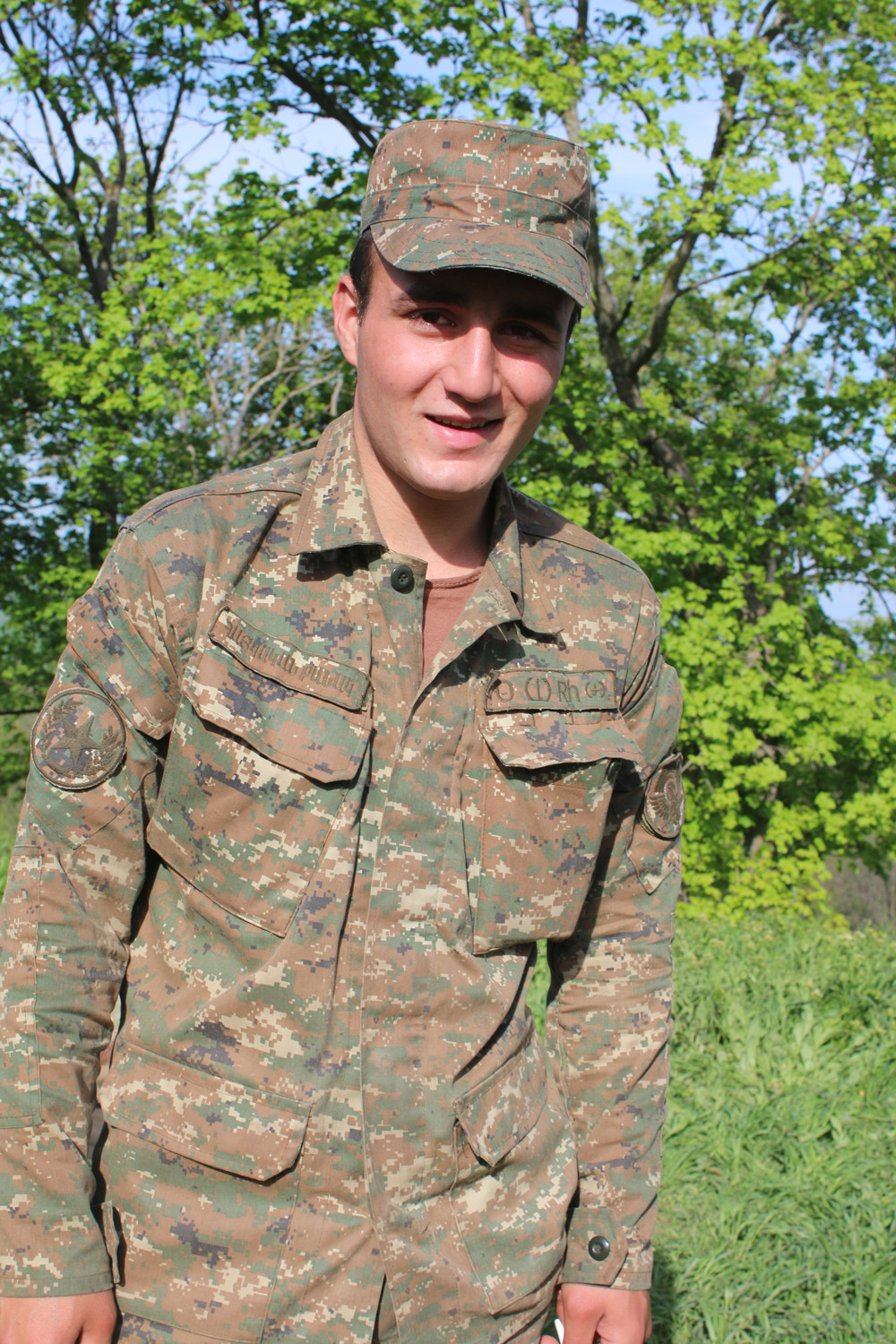

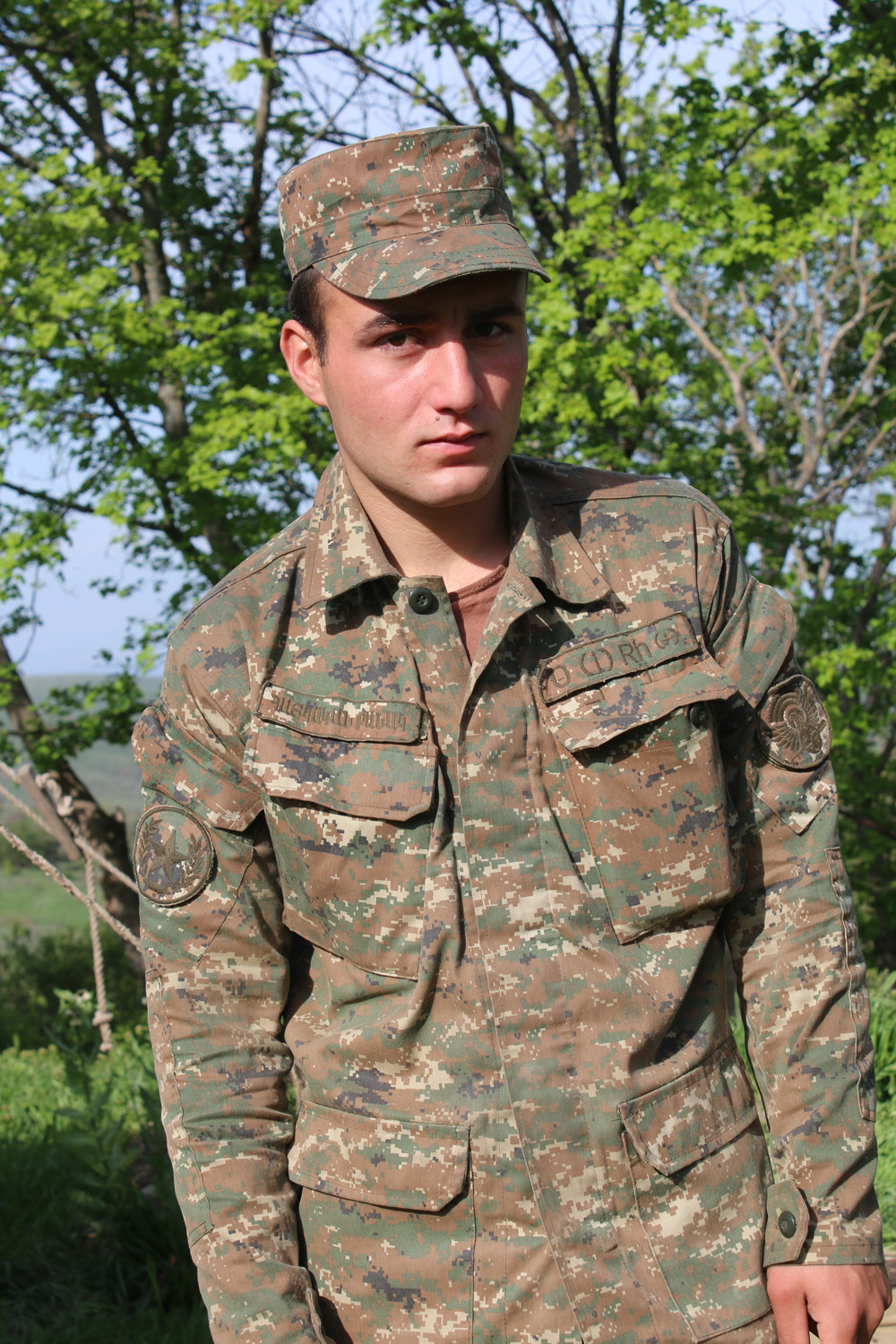
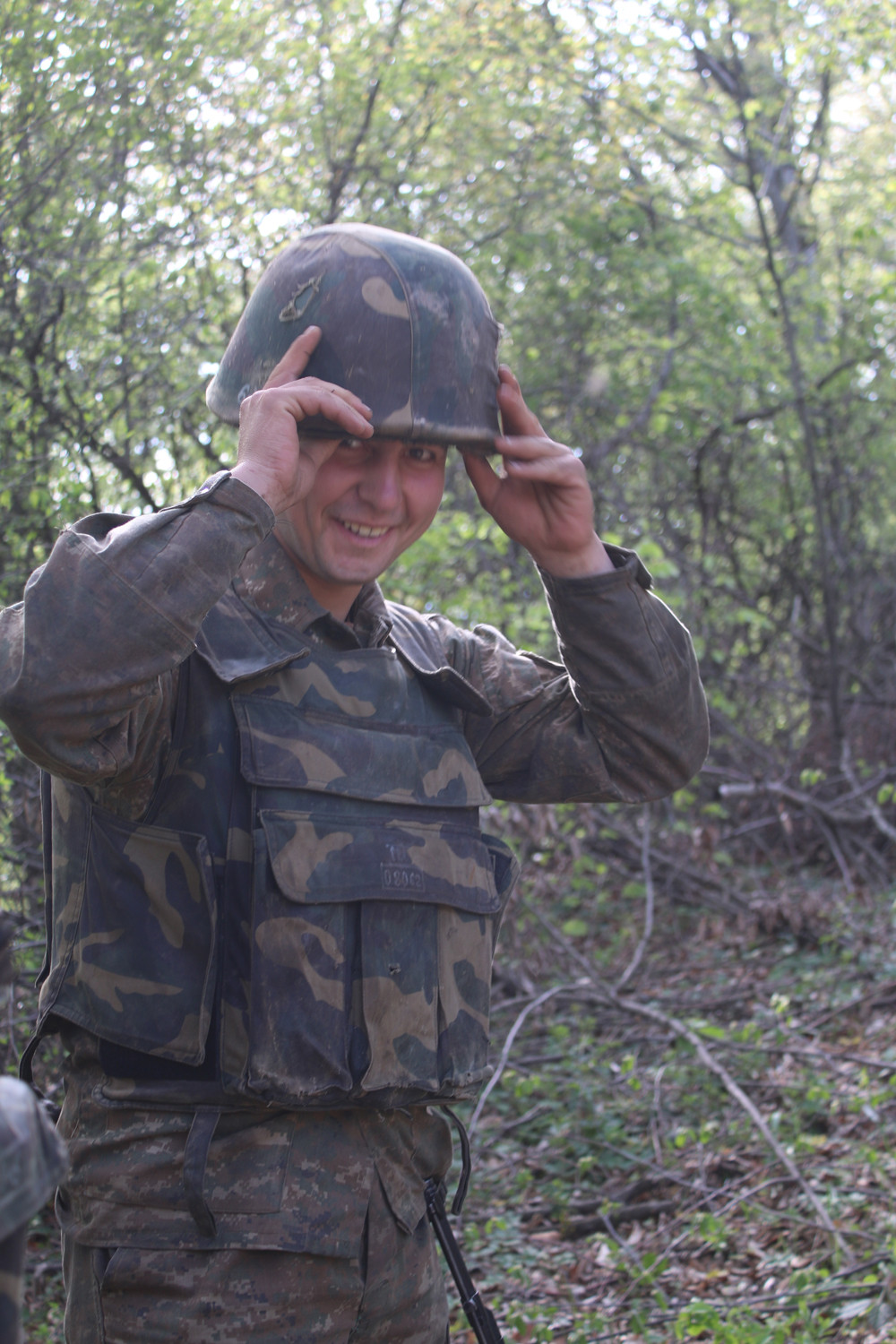
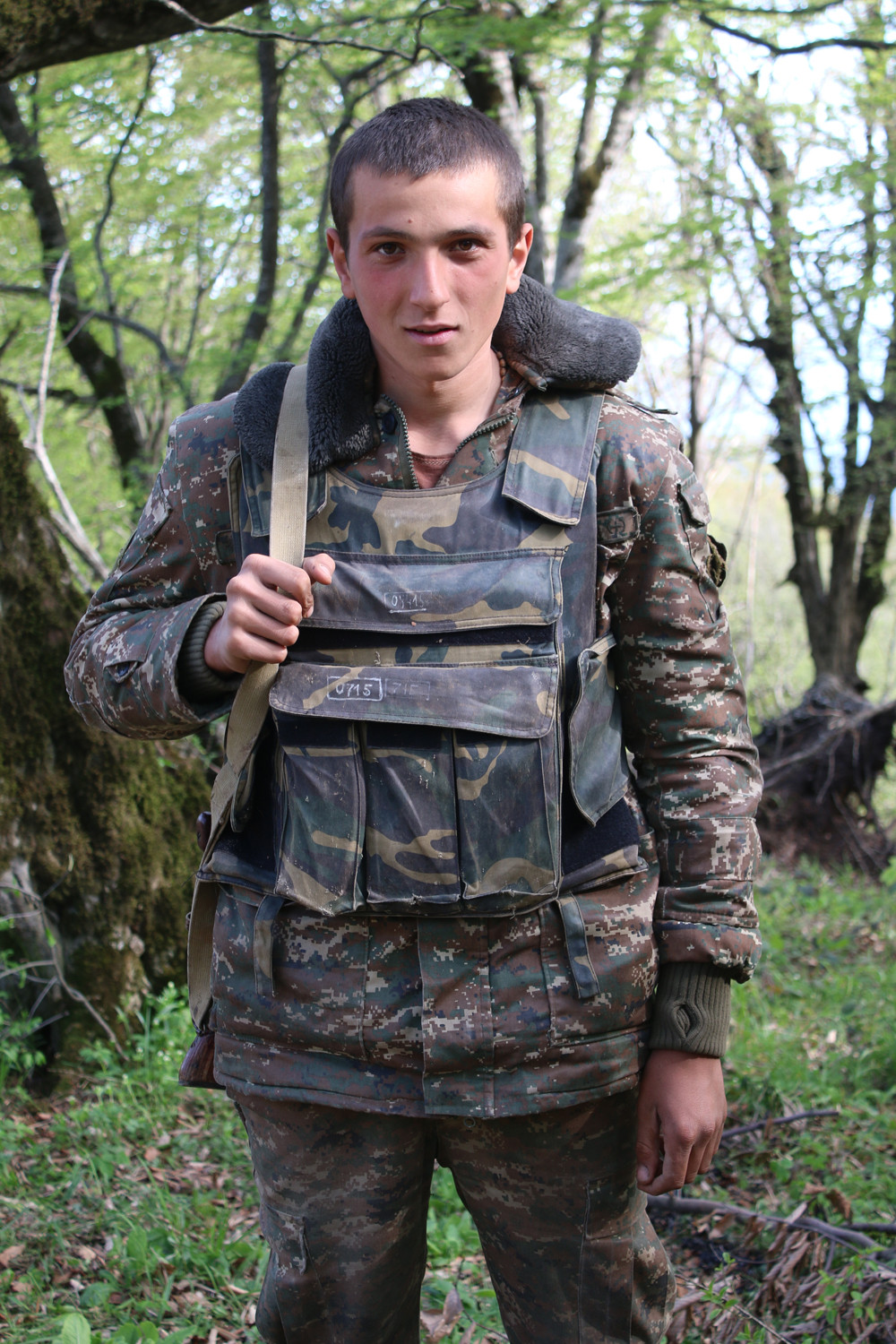
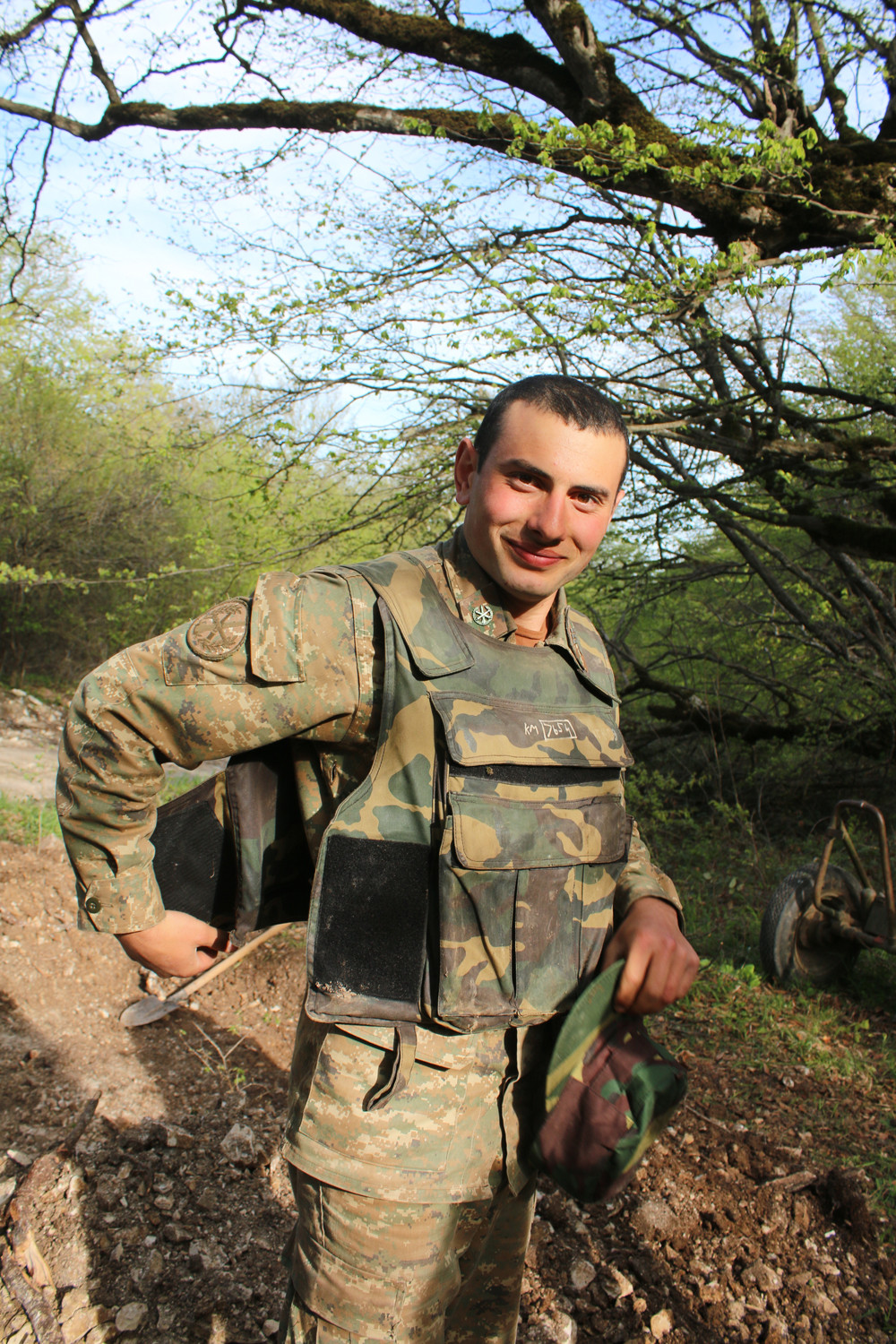
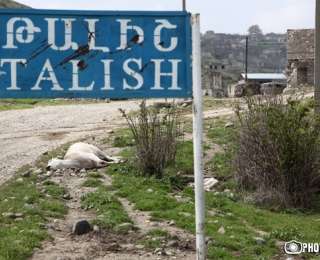
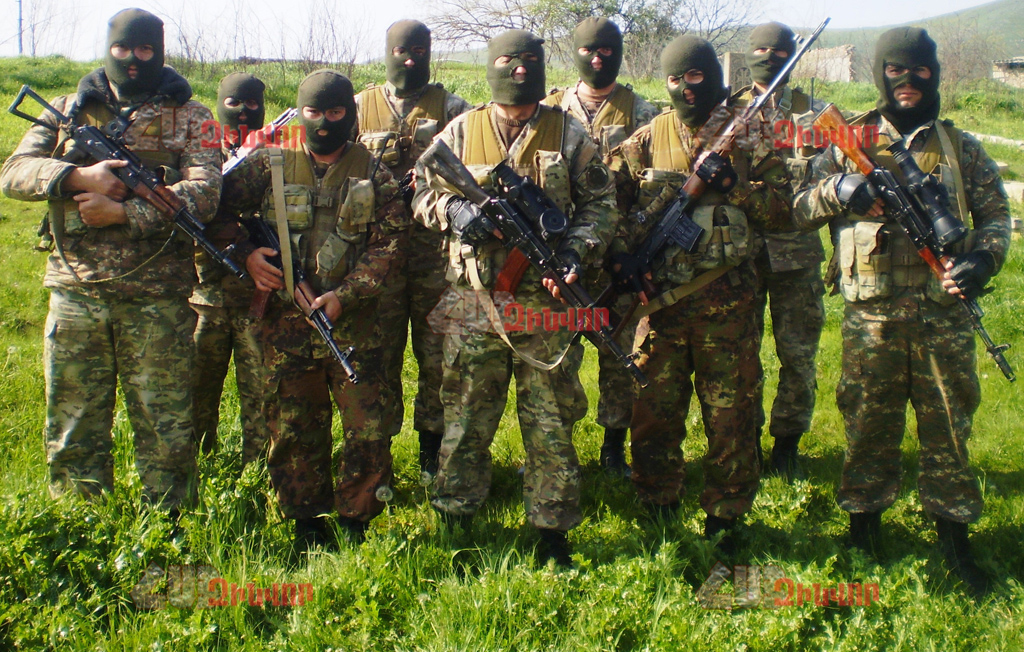
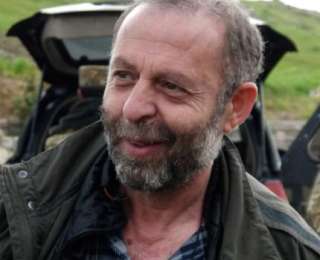
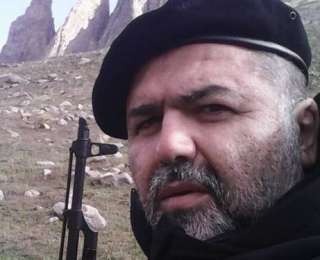
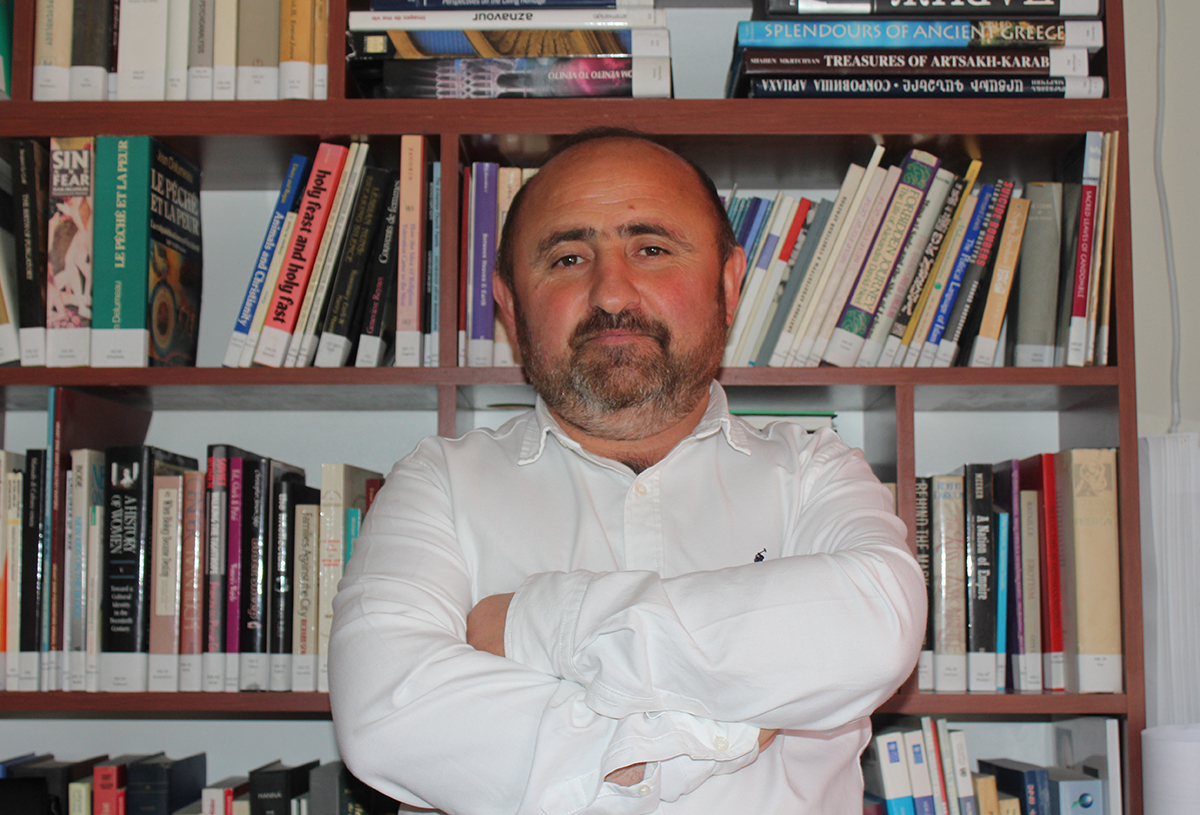
Comment